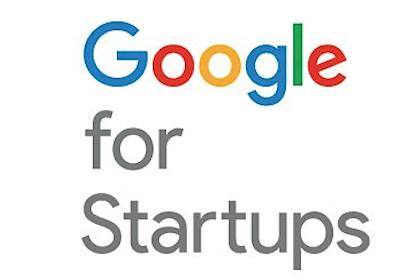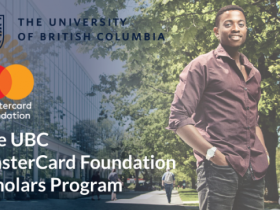Deadline: October 15, 2017
Are you interested in researching the legal and governance challenges posed by climate change? Do you have ideas for how legal and institutional instruments can contribute to addressing the challenges posed by climate change? Then enter the 2017 Climate Law and Governance Essay Competition!
This annual essay competition is held by the Center for International Sustainable Development Law, the McGill Journal of Sustainable Development Law, the Lauterpacht Centre for International Law at the University of Cambridge, the Faculty of Law University of Nairobi, the CR2 at the University of Chile, the Ateneo School of Governance in Manila and others, and is supported by the partners of Climate Law and Governance Day (CLGD) 2017.
Categories
In line with the themes of CLGD 2017, submissions addressing one of the following guiding questions and (non-exhaustive) proposed topics will be considered:
- How can legal tools and multi-level instruments be leveraged to implement the Paris Agreement and NDCs?
Essays in this category may explore how innovative multi-level and multi-sectoral climate mitigation and adaptation instruments can help to create synergies within and across sectors, or consider how to build capacity amongst legislators and policymakers. - What are the challenges and opportunities in operationalising the Paris Agreement? Essays in this category may focus on the Paris Rulebook, including transparency and compliance mechanisms, loss and damage and market mechanisms, the role of carbon pricing and trade regulation, and other relevant issues.
- What is the role of law and governance in advancing climate resilience and climate justice? Essays in this category may consider the role of civil society and the legal community, including courts and legal professionals, in accelerating climate action, enhancing transparency and ensuring accountability, integrating human rights into climate actions, advancing the Warsaw international mechanism on loss and damage and ensuring adequate finance for loss and damage, creating adequate insurance mechanisms, or addressing climate migration.
- What legal frameworks will enable climate finance, engage the private sector, and promote climate-friendly trade? Essays in this category may examine the legal tools and obstacles that promote or inhibit the sustainable finance, investment, and trade flows needed to implement NDCs and the Paris Agreement; essays may focus on issues surrounding fossil fuel subsidies and conflicts or differences between international regimes in the areas of public and private international law, international trade law, investment law, and climate law.
Eligibility
- Competition is open to students of law and related fields at the undergraduate and graduate level, from all regions of the world;
- Students from least developed countries are especially encouraged to apply;
- Essays should be 6,000 to 10,000 words in length (excluding footnotes) and should use a consistent legal citation style. The use of the Canadian Guide to Uniform Legal Citation is encouraged, but the choice of legal citation style will not influence essay judging;
- An abstract and a table of contents are recommended;
- Submissions can be made in English or French.
APPLY ONLINE THROUGH…>>>BELOW
Application
- Please send entries, along with a 200 word biography, to the ‘Climate Essay International Jury’ at Email; climate-[email protected] by 5pm EST, on October 15, 2017.
For more information, visit Global Climate Law and Governance Legal Essay Competition.









